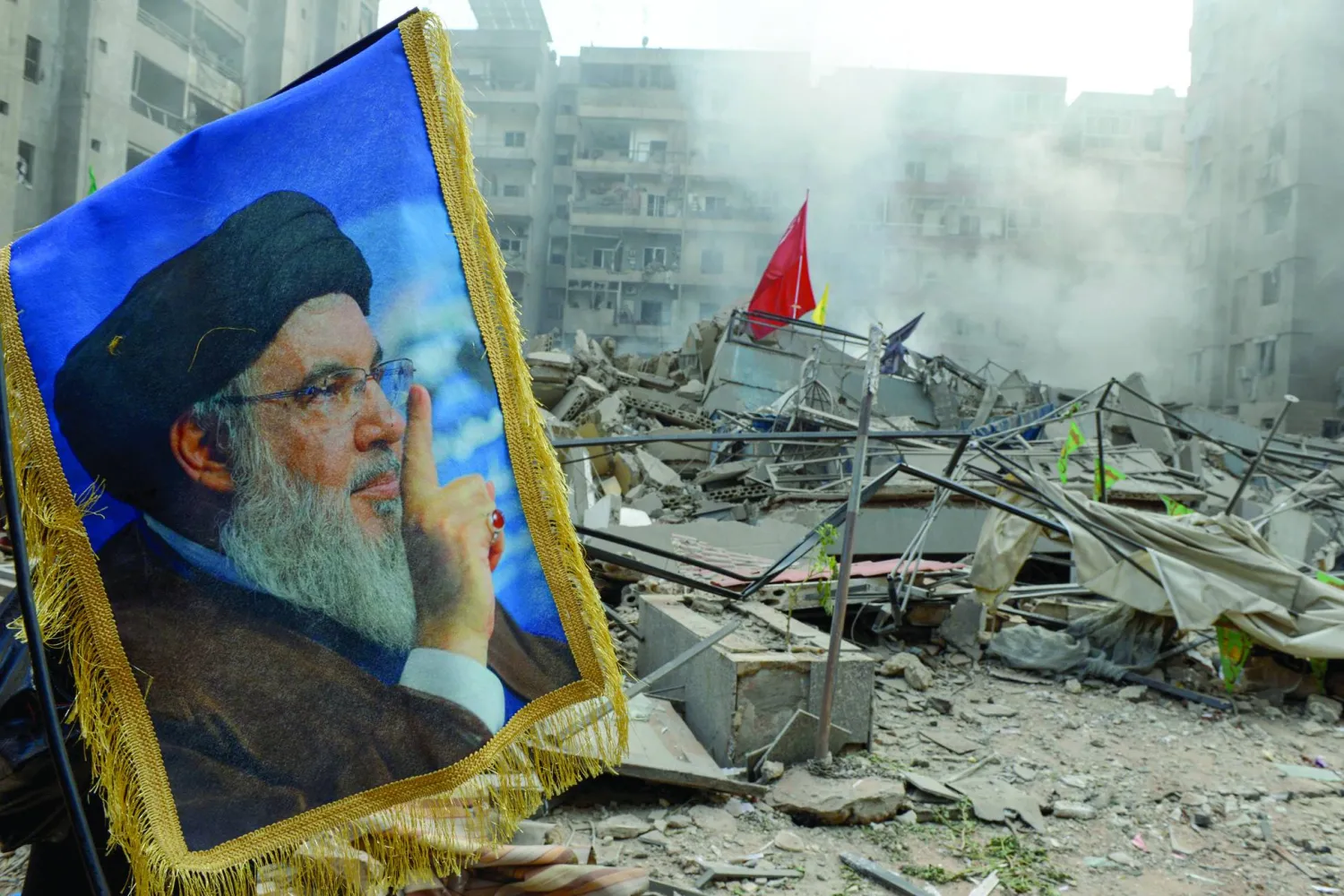Protests in several Sudanese cities over deteriorating living conditions have turned into riots that included torching some government buildings, damaging private properties, and looting stores.
Demonstrations and security unrest have escalated in line with announcing the formation of the new government.
The newly-appointed ministers are scheduled on Wednesday to take the constitutional oath before Sovereign Council chief General Abdel Fattah al-Burhan and Prime Minister Abdalla Hamdok, in the presence of the Chief Justice Nemat Abdullah.
In his first statement, the newly appointed Sudanese Finance Minister, Gibril Ibrahim, who is also leader of the Justice and Equality Movement, pledged to deal with the queues for fuel and bread and provide medicine at affordable prices.
In Nyala city, the capital of South Darfur, people took to the streets protesting the hike in the price of bread and its scarcity.
Demonstrations moved to the neighborhoods and the city’s central market.
The State Security Committee announced a state of emergency, imposed a curfew, and suspended schools.
Nyala Governor Moussa Mahdi told the Sudanese official news agency that police managed to disperse the protesters after they attempted to storm shops in the market.
Security forces seized weapons and ammunition in the possession of arrested protesters and recorded minor property losses.
Eyewitnesses told Asharq Al-Awsat that security forces used tear gas and live ammunition to disperse the large crowds.
Some groups infiltrated the protesters to loot stores and the public market’s warehouses, they said, adding that police forces thwarted their attempts and prevented acts of vandalism against public and private properties.
According to local sources, the city saw a massive deployment of police forces, some army units, and Rapid Support Forces, in anticipation of more demonstrations.
North Darfur’s government announced a state of emergency and imposed a curfew in the capital, al-Fashir, from 6 pm.
It also closed schools for three days and took strict measures to secure strategic areas, government institutions and markets.
In a statement on Tuesday, the government stressed that peaceful demonstrations in the capital were infiltrated by saboteurs and those with political agendas.
Saboteurs set on fire and looted a number of government institutions and commercial headquarters in the large market and several police cars.
Meanwhile, dozens of school students stormed the streets of Port Sudan, in the east, over the flour crisis, which resulted from the strike by bakery owners due to tariffs imposed on subsidized bread.









